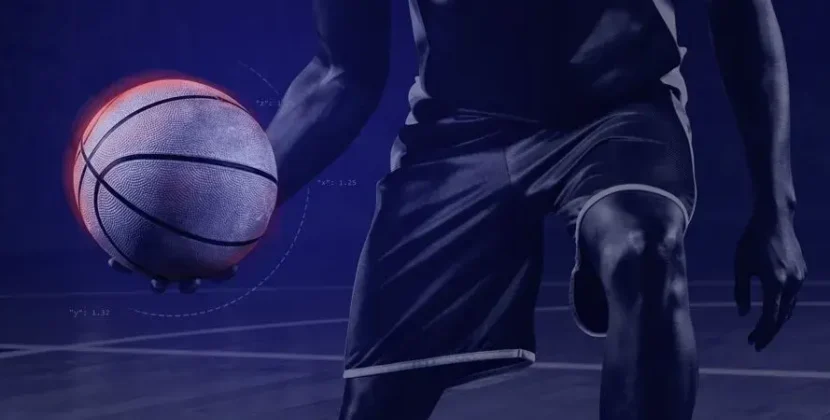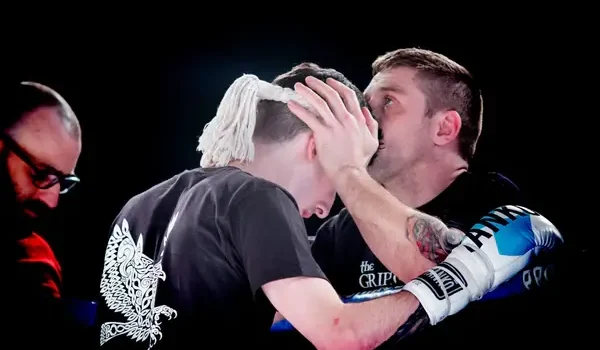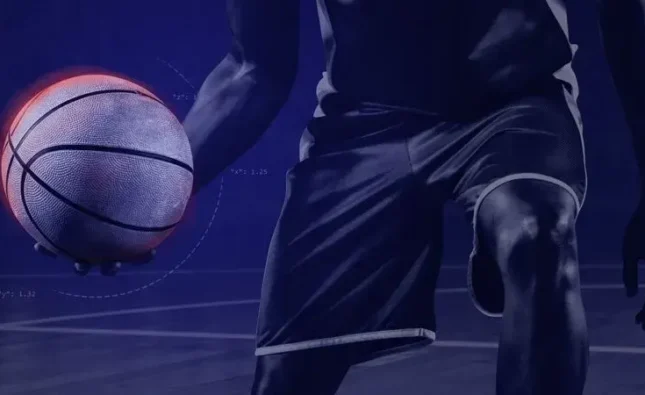
Combat sports, with their rich history and intense physical demands, have captivated audiences and athletes alike for centuries. From the ancient Olympic Games to modern Mixed Martial Arts (MMA), these sports have evolved into diverse disciplines that test not only physical strength and skill but also mental resilience. This article explores the intricate relationship between psychology and performance in combat sports, delving into the mental toughness required to succeed and the strategies athletes can employ to enhance their mental game.
The Nature of Combat Sports
Combat sports encompass a wide array of disciplines, each characterized by unique techniques and competitive frameworks. They can be broadly categorized into two groups: striking-centered styles and grappling styles. Striking arts, such as boxing, kickboxing, and karate, focus on stand-up fighting techniques, while grappling arts, including judo, Brazilian Jiu-Jitsu, and wrestling, concentrate on ground combat. MMA, a hybrid of both striking and grappling, has surged in popularity and showcases the best of both worlds.
Success in these sports hinges on an athlete’s ability to land strikes while avoiding being hit. This dynamic requires fighters to anticipate their opponent’s moves, often relying on visual cues like footwork, body positioning, and pace. The mental acuity to process these cues quickly and respond effectively is crucial. However, the mental challenges inherent in combat sports are often underestimated.
The Psychological Challenges of Combat Sports
One of the primary challenges in combat sports is the need for rapid response times. The average human reaction time ranges from 200 to 250 milliseconds, yet elite fighters consistently perform actions—such as throwing a punch or initiating a takedown—more quickly than this average. The ability to react faster than one’s opponent can be the difference between victory and defeat.
Additionally, the risk of injury in one-on-one combat amplifies the psychological demands placed on athletes. Fighters must contend with the fear of injury and the psychological toll of setbacks, such as receiving a hard blow during a match. As someone who has competed in both point and full-contact fighting, I’ve witnessed firsthand how mental toughness can often outweigh physical preparation. In many cases, the athlete who exhibits greater resilience and mental fortitude emerges victorious, transcending even the best training and strategy.
Building Mental Toughness
The concept of mental toughness encompasses several key traits, including resilience, focus, and confidence. However, many athletes grapple with intrusive, negative thoughts that can undermine their confidence and performance. A common question among fighters is, “How can I think more positively?” or “How can I stop negative thoughts?” The reality is that attempting to eliminate negative thoughts can often lead to more frustration and anxiety.
Research in sports psychology suggests that instead of trying to suppress or eliminate unhelpful thoughts, athletes can benefit from acknowledging them and focusing on their actions. This approach is grounded in Acceptance and Commitment Therapy (ACT), a therapeutic framework that emphasizes the importance of recognizing thoughts and feelings without letting them dictate behavior.
Acceptance and Commitment Therapy (ACT)
ACT posits that while thoughts and emotions are part of the human experience, they do not have to control one’s actions. This is particularly relevant in combat sports, where high-pressure situations can provoke intense emotions and irrational thinking. For example, fighters might experience doubts about their abilities or fears about losing and its implications. Rather than trying to eliminate these thoughts, ACT encourages athletes to accept them and commit to their training and preparation.
Through consistent practice, athletes can learn to perform effectively despite discomfort or negative emotions. This involves training both the mind and body to execute planned actions while accepting the presence of fear, anxiety, or doubt. As fighters develop this skill, they become better equipped to manage the psychological pressures of competition.
The Importance of the “Ring Walk”
The “ring walk,” the entrance of a fighter into the arena, serves as a pivotal moment in combat sports. This ritual, once a simple transition, has evolved into a highly choreographed performance that showcases a fighter’s confidence and charisma. During this moment, fighters may appear fearless, exuding an aura of determination as they enter the ring. However, it’s crucial to recognize that this outward display of confidence may not always reflect their internal state.
The ring walk is often an “act,” with many fighters experiencing a whirlwind of thoughts and emotions behind the scenes. They may feel fear or anxiety, yet they have mastered the art of performing despite these feelings. This concept aligns with the adage “fake it ’til you make it.” Many successful fighters learn to present confidence through their body language and demeanor, even when they are grappling with self-doubt.
Focus on Actions, Not Outcomes
In combat sports, the tendency to evaluate performance based solely on outcomes—wins and losses—can create additional pressure for athletes. However, this approach can be detrimental to mental performance. Numerous factors influence the outcome of a fight, including the opponent’s actions, the judges’ decisions, and even the atmosphere of the event.
To foster a sense of control and reduce anxiety, fighters can benefit from focusing on the processes and actions that contribute to their performance. This shift in perspective allows athletes to concentrate on what they can control: their training, technique, and effort. By redefining success in terms of executing their game plan and demonstrating their skills, fighters can alleviate some of the mental burdens associated with high-stakes competition.
Defining a “Good Fight”
For fighters, understanding what constitutes a “good fight” is crucial. This definition should focus on the actions and processes rather than the results. Engaging in discussions about effective striking, footwork, and defensive techniques can empower athletes to feel more prepared and confident. By identifying the specific actions that lead to success, fighters can set realistic expectations for their performances.
This mindset shift also encourages fighters to evaluate their past performances based on their execution of techniques rather than solely on the outcome. For instance, they can reflect on their ability to implement effective strikes, defend against attacks, and maintain composure under pressure. By emphasizing process over outcome, fighters can foster a healthier approach to competition, one that prioritizes growth and improvement.
Conclusion: Success Amidst Adversity
Ultimately, success in combat sports is not solely determined by an athlete’s physical prowess or technical skills. It is often the ability to perform effectively under pressure, despite feeling nervous or uncertain, that separates the best from the rest. As a renowned sports psychologist once said, “They don’t hand out gold medals for who was feeling the best.” This sentiment is particularly resonant for fighters, highlighting that the true test lies in the ability to execute one’s training in the face of adversity.
For combat sports competitors and coaches seeking to enhance their performance psychology, exploring these concepts can lead to significant improvements in mental toughness and overall performance. The journey begins with recognizing the importance of mental resilience and the strategies available to cultivate it, allowing athletes to step into the ring not just as fighters but as mentally prepared competitors ready to face whatever challenges lie ahead.
If you’re a combat sports athlete or coach interested in furthering your mental game, consider seeking professional guidance. Performance psychology coaching can provide valuable insights and tools to help you navigate the psychological demands of competition and unlock your full potential.












